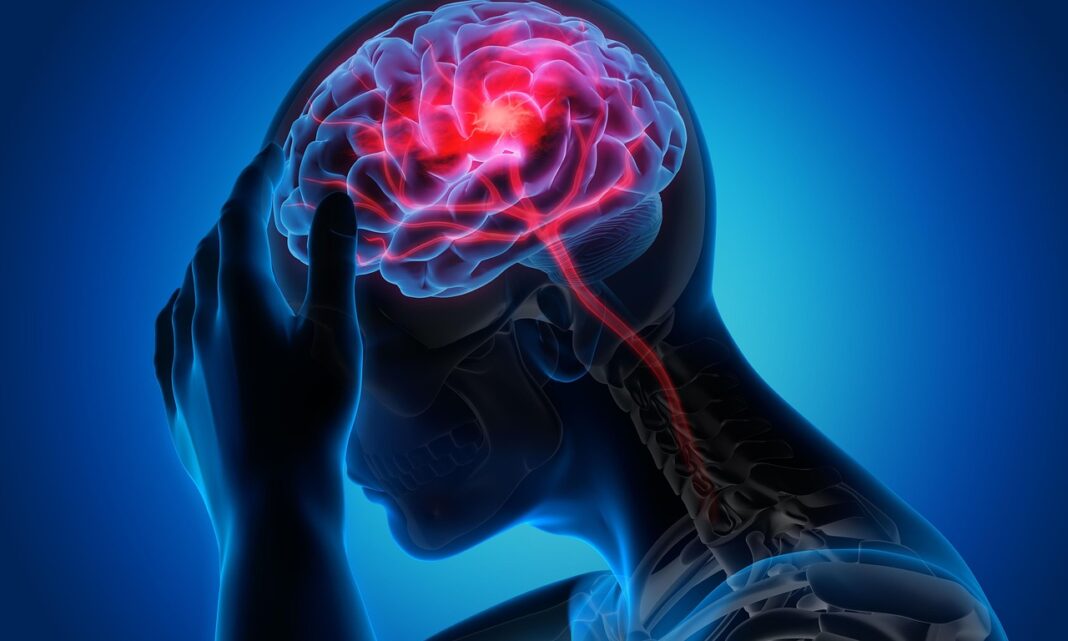Taking care of our beloved pets extends beyond cuddles and playtime; it hinges significantly on providing them with optimal nutrition. Just like humans, pets thrive on a balanced diet tailored to their specific needs, age, breed, and health conditions. Ignoring this critical aspect can lead to a range of health issues, impacting their quality of life and longevity. Let’s dive into the world of pet nutrition to ensure our furry, scaled, or feathered companions receive the best possible nourishment.
Understanding the Basics of Pet Nutrition
The Importance of a Balanced Diet
A balanced diet for pets is one that provides all the essential nutrients they need in the correct proportions. This includes:
- Proteins: Crucial for muscle development and repair, enzyme production, and hormone regulation.
- Fats: Provide energy, support hormone production, and aid in the absorption of fat-soluble vitamins.
- Carbohydrates: Offer a source of energy and fiber, promoting healthy digestion.
- Vitamins & Minerals: Essential for various bodily functions, including immune system support, bone health, and nerve function.
- Water: Vital for hydration, nutrient transport, and temperature regulation.
The specific requirements for each nutrient vary depending on the type of pet, their life stage (puppy/kitten vs. adult vs. senior), activity level, and health status. For example, growing puppies and kittens need more protein and calories than adult dogs and cats.
Reading Pet Food Labels: What to Look For
Navigating the pet food aisle can be overwhelming. Understanding how to read a pet food label is crucial for making informed decisions.
- Ingredient List: Ingredients are listed in descending order by weight. Look for named meat sources (e.g., chicken, beef, salmon) as primary ingredients.
- Guaranteed Analysis: This section provides minimum percentages of crude protein and crude fat, as well as maximum percentages of crude fiber and moisture. While helpful, it doesn’t tell the whole story about ingredient quality.
- AAFCO Statement: Look for a statement that indicates the food is “complete and balanced” for a specific life stage, as determined by Association of American Feed Control Officials (AAFCO) feeding trials or nutrient profile analysis. This ensures the food meets the minimum nutritional requirements.
- Nutritional Adequacy Statement: This statement will outline the life stage(s) the food is intended for (e.g., “For growth,” “For maintenance,” or “For all life stages”).
Example: A label stating “Chicken, Chicken Meal, Brown Rice…” suggests that chicken is the primary ingredient, followed by chicken meal (a concentrated form of protein) and brown rice (a carbohydrate source).
Species-Specific Nutritional Needs
Canine Nutrition
Dogs are omnivores, meaning they can thrive on a diet that includes both meat and plant-based foods. However, meat should be a significant component of their diet.
- Protein Sources: Chicken, beef, lamb, fish, and eggs are excellent protein sources.
- Carbohydrate Sources: Brown rice, oats, sweet potatoes, and peas are good carbohydrate options.
- Fat Sources: Chicken fat, fish oil, and flaxseed oil provide essential fatty acids.
Practical Tip: When choosing dog food, consider your dog’s breed, size, and activity level. Large-breed puppies may benefit from a food formulated to promote slow, steady growth to prevent skeletal problems. Highly active dogs require food with a higher calorie content.
Feline Nutrition
Cats are obligate carnivores, meaning they require a diet primarily consisting of meat. They have specific nutrient requirements that can only be met by animal-based sources.
- Protein Sources: Chicken, turkey, fish, and rabbit are excellent protein sources.
- Essential Nutrients: Taurine is an essential amino acid for cats that is found only in animal tissues. Deficiency can lead to serious health problems, including blindness and heart disease.
- Hydration: Cats have a low thirst drive and are prone to dehydration. Wet food can help increase their water intake.
Practical Tip: Choose cat food with a high protein content and avoid foods with excessive carbohydrates. Consider offering a mix of wet and dry food to ensure adequate hydration and provide variety.
Small Animal Nutrition (Rabbits, Guinea Pigs, Hamsters)
Small animals have unique digestive systems and require specific diets to maintain their health.
- Rabbits: A rabbit’s diet should primarily consist of high-quality hay (timothy, orchard, or oat hay), supplemented with fresh vegetables and a small amount of pellets.
- Guinea Pigs: Guinea pigs require a diet similar to rabbits, with a focus on hay, fresh vegetables, and a small amount of pellets. They also need a source of vitamin C, as they cannot synthesize it themselves.
- Hamsters: Hamsters are omnivores and require a diet consisting of a balanced hamster pellet mix supplemented with small amounts of fresh vegetables, fruits, and occasional protein sources like mealworms.
Hay provides essential fiber for digestion and helps wear down their continuously growing teeth.
Examples of suitable vegetables include leafy greens, carrots, and bell peppers.
Common Feeding Mistakes and How to Avoid Them
Overfeeding and Obesity
Overfeeding is a common mistake that can lead to obesity, which increases the risk of diabetes, arthritis, heart disease, and other health problems. According to the Association for Pet Obesity Prevention, an estimated 59.5% of cats and 55.8% of dogs in the United States are classified as overweight or obese in 2018.
- Measure Food: Use a measuring cup to ensure you’re feeding the correct portion size.
- Limit Treats: Treats should make up no more than 10% of your pet’s daily calorie intake.
- Regular Exercise: Provide adequate exercise to help your pet burn calories and maintain a healthy weight.
Feeding Table Scraps
Many human foods are toxic to pets, including chocolate, onions, garlic, grapes, and raisins. Even non-toxic foods can cause digestive upset or contribute to weight gain.
- Avoid Feeding Table Scraps: Stick to pet-specific foods and treats.
- Educate Family Members: Ensure everyone in the household understands the dangers of feeding pets human food.
- Secure Food Storage: Keep human food out of reach of pets to prevent accidental ingestion.
Ignoring Individual Needs
Pets have different nutritional needs based on their age, breed, activity level, and health status. A one-size-fits-all approach to feeding can lead to deficiencies or excesses.
- Consult with a Veterinarian: Discuss your pet’s specific needs with your veterinarian.
- Adjust Food Accordingly: Choose a food that is appropriate for your pet’s life stage and activity level.
- Monitor Your Pet’s Weight and Body Condition: Adjust the amount of food you’re feeding based on your pet’s weight and body condition. You should be able to feel your pet’s ribs easily without excessive fat covering them.
Nutritional Supplements: When Are They Necessary?
Understanding the Role of Supplements
While a complete and balanced diet should provide most of the nutrients your pet needs, certain supplements may be beneficial in specific situations.
- Omega-3 Fatty Acids: Can help reduce inflammation, improve skin and coat health, and support joint function.
- Glucosamine and Chondroitin: May help alleviate symptoms of arthritis and support joint health.
- Probiotics: Can help improve gut health and digestion.
When to Consider Supplements
Supplements may be considered for pets with:
- Arthritis or joint pain.
- Skin allergies or dry skin.
- Digestive issues.
- Certain medical conditions, as recommended by a veterinarian.
Important Note: Always consult with your veterinarian before giving your pet any supplements. Some supplements can interact with medications or be harmful if given in excessive amounts.
Conclusion
Providing proper nutrition is a cornerstone of responsible pet ownership. By understanding the basics of pet nutrition, reading pet food labels carefully, considering species-specific needs, avoiding common feeding mistakes, and consulting with your veterinarian, you can ensure your pet receives the nourishment they need to thrive. Remember that a balanced diet contributes significantly to their overall health, well-being, and longevity, allowing you to enjoy many happy years together.



